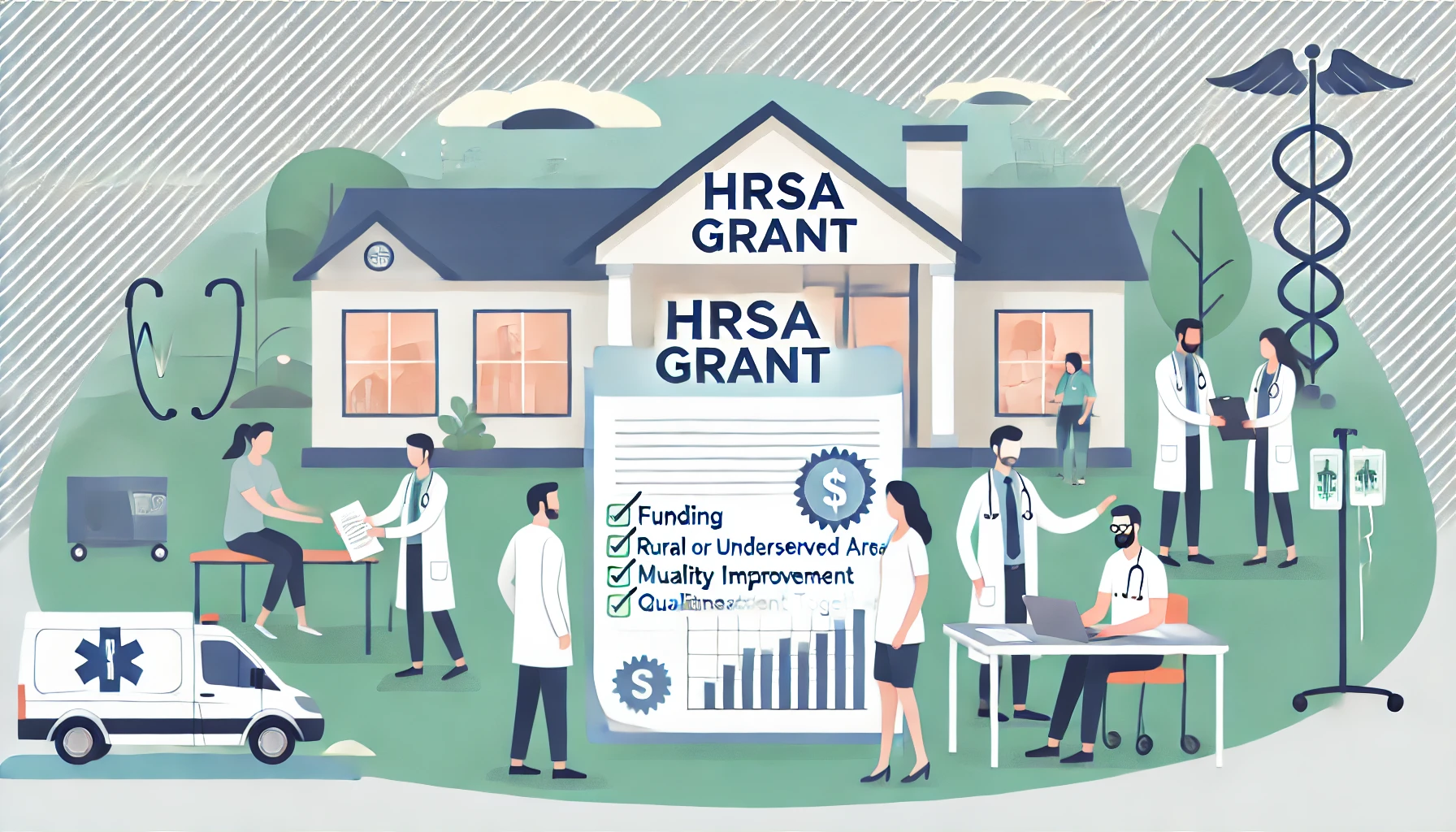
Table of Contents

CHI Health lawsuit reveals patient safety challenges, highlighting need for comprehensive medical oversight and independent peer review processes.
CHI Health lawsuit reveals patient safety challenges, highlighting need for comprehensive medical oversight and independent peer review processes.
Medical Malpractice Lawsuit: CHI Health Verdict Reveals Critical Patient Safety Challenges
In a recent legal case that highlights the ongoing complexities of patient safety in healthcare, a jury reached a significant verdict against CHI Health, bringing to light critical issues in medical care and accountability. This case serves as a crucial reminder of the importance of rigorous medical oversight and the potential consequences of clinical errors.
The Case: Unpacking the Medical Malpractice Lawsuit
According to the original MSN report, the lawsuit centered on allegations of medical negligence that exposed fundamental challenges in patient care. While specific details of the case are complex, the verdict underscores the critical need for comprehensive patient safety protocols and robust medical review processes.
Key Insights from the Legal Proceedings
- The lawsuit highlighted potential systemic gaps in medical care
- A jury found merit in the patient's claims of medical negligence
- The verdict potentially signals broader concerns about healthcare delivery
Patient Safety: A Multifaceted Challenge
Medical malpractice cases like this one reveal that patient safety is not merely about individual practitioner performance, but about comprehensive systemic approaches to healthcare delivery. At Medplace, we understand that independent peer review plays a crucial role in identifying and mitigating potential risks before they escalate into legal challenges.
The Role of External Peer Review in Preventing Medical Errors
Independent medical reviews offer a critical layer of protection for both patients and healthcare institutions. By leveraging a network of over 132 medical specialties, platforms like Medplace enable:
- Objective, third-party evaluation of medical procedures
- Early identification of potential clinical risks
- Comprehensive analysis that goes beyond internal reviews
Legal and Ethical Implications
The CHI Health case raises important questions about medical accountability and the mechanisms in place to protect patient rights. While lawsuits are not inherently indicative of systemic failure, they do prompt crucial conversations about improving healthcare delivery.
Balancing Accountability and Understanding
It's essential to approach such cases with nuance. Medical professionals work in high-stress environments with complex challenges, and not every adverse outcome represents negligence. However, consistent and transparent review processes are vital to maintaining trust and improving overall patient safety standards.
Moving Forward: Proactive Strategies for Healthcare Institutions
To address potential patient safety challenges, healthcare organizations can consider:
- Implementing regular, comprehensive external peer review processes
- Developing robust reporting and analysis mechanisms
- Fostering a culture of continuous learning and improvement
- Utilizing technology and expert networks to enhance medical oversight
Medplace: Supporting Healthcare Excellence
Our platform is designed to support healthcare institutions in their mission to deliver exceptional, safe patient care. By connecting healthcare providers with a vast network of credentialed experts, we help organizations:
- Conduct thorough, objective medical reviews
- Identify potential areas of improvement
- Mitigate risks before they escalate
Conclusion: A Call for Continuous Improvement
The CHI Health lawsuit serves as a critical reminder that patient safety is an ongoing journey. It requires commitment, transparency, and proactive strategies from all stakeholders in the healthcare ecosystem.
Original Source: MSN News Article

HRSA FQHC Requirements: A Comprehensive Guide for Healthcare Providers
When it comes to federally qualified health center requirements, there’s no shortage of regulations, expectations, and—depending on your perspective—opportunities.
.png)
.png)

Unlocking Funding: A Guide to Health Resources and Services Administration (HRSA) Grants
Use HRSA grants to fund external peer review programs that enhance care quality, reduce bias, and support compliance in health centers.
.png)
.png)

Understanding Critical Access Hospitals: Definition, Criteria, Requirements, and Medicare Designation
A brief summary of CAH requirements and Medicare Designation.
.png)
.png)



.png)
.png)
.png)






.png)